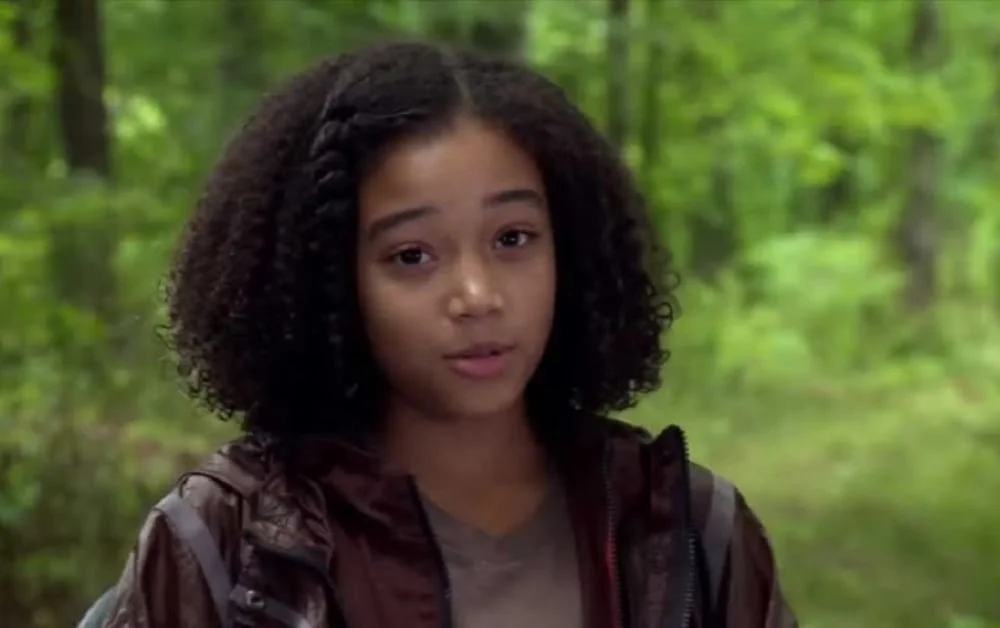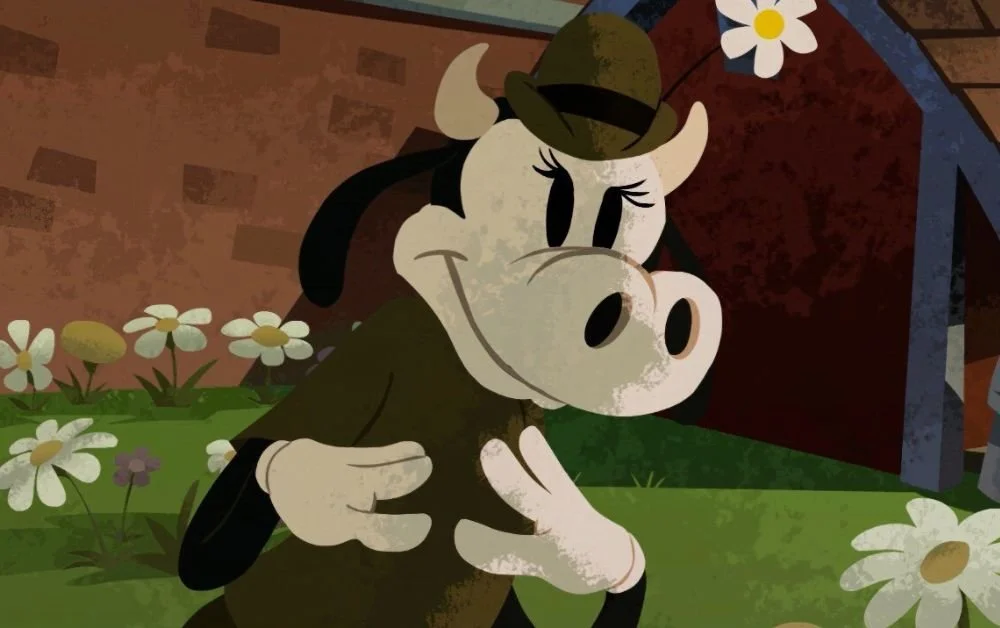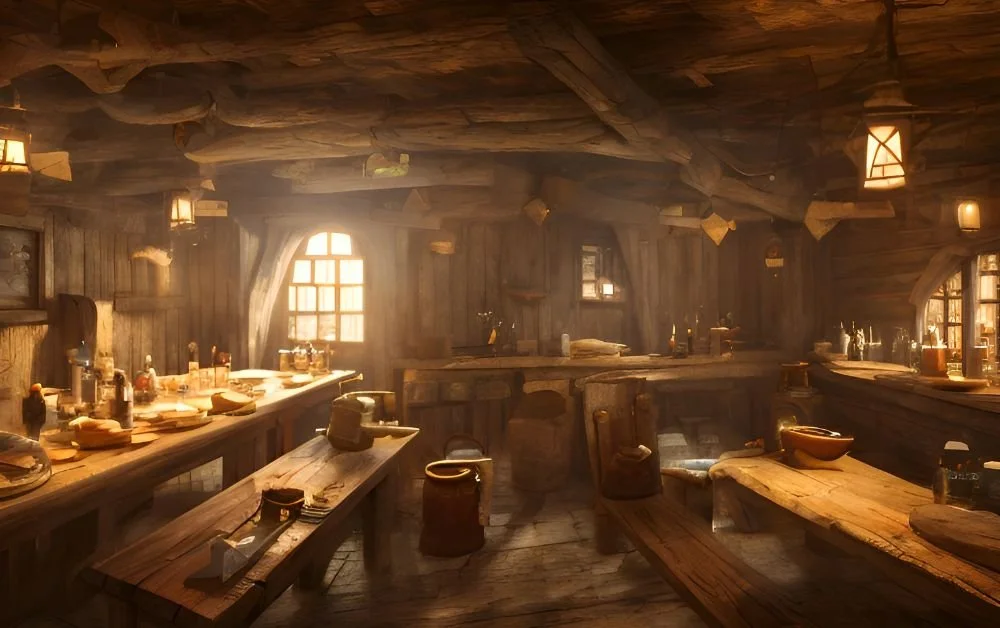NPCs with Purpose: Creating Side Characters That Feel Real
A good story is nothing without an engaging cast. While your main characters might get all the glory, and your supporting characters get the spotlight moments, it’s the background characters, the innkeepers, merchants, and chatty townsfolk, that breathe life into your world.
In video games, we call them NPCs (non-playable characters), those delightful weirdos who sell you potions, warn you about nearby monsters, or mumble something vaguely prophetic before you move on to your next quest. They’re the spice in your storytelling stew. Without them, your world might still exist… but it’ll taste pretty bland.
Why NPCs Matter
Background characters are your worldbuilding in motion. They’re living, breathing reflections of the setting, the politics, and the culture of your story. If your heroes are on a quest to save the world, your NPCs help show why that world is worth saving.
How do ordinary people feel about your heroes? Are they hopeful, inspired, or just trying to sell them overpriced bread before the apocalypse hits? The answers to those questions instantly deepen your world and reveal how your protagonist fits into it.
You don’t need to write a full three-page backstory for every villager in the market square, but it’s worth knowing the basics:
What do they want in life?
How do they see the conflict unfolding around them?
And most importantly, what kind of gossip are they spreading about your main characters?
A Case Study: Rue from The Hunger Games
Let’s take a look at an example of an NPC who changed everything: Rue from The Hunger Games.
For those unfamiliar (or those who still haven’t emotionally recovered), the series takes place in the dystopian nation of Panem, where the ruling Capitol keeps its citizens in check through the brutal spectacle of the Hunger Games: an annual fight to the death between child tributes from each district.
Rue is one of those tributes, a twelve-year-old girl from District 11. She appears in only a fraction of the book, but her impact is seismic. Rue’s friendship with protagonist Katniss Everdeen transforms the story’s emotional core. Her kindness and innocence provide a stark contrast to the horror of the Games, and when she dies, her loss crystallizes Katniss’s motivation. Rue becomes the heart of what Katniss is truly fighting for: justice, dignity, and freedom.
Author Suzanne Collins did all of this with very little page time. Every line Rue spoke mattered. Every interaction deepened her bond with Katniss and, by extension, with readers. Collins drew subtle parallels between Rue and Katniss’s younger sister, Prim, creating an instant emotional connection that made Rue’s fate hit like an arrow to the heart.
That’s the magic of a well-crafted background character: they might not drive the plot, but they redefine what the story means.
NPCs In Video Games
If you’ve ever wandered through a town in a video game, you know how much a single NPC can do for atmosphere. The weary soldier who mutters about the next war, the baker who’s worried about grain shortages, the kid who won’t stop talking about dragons… all of them help you feel the world.
In The Witcher 3, for example, random peasants grumble about taxes, monsters, or the weather. In Skyrim, the guards can’t resist reminding you about that arrow to the knee. These throwaway lines build immersion, tone, and even humor, sometimes better than the main story does.
One of my favorite examples of meaningful NPC interaction comes from Epic Mickey. In this game, Mickey Mouse journeys through the Wastelands, the home of forgotten Disney characters, armed with a magical paintbrush that can either restore (with paint) or erase (with thinner) the world around him.
The choices you make directly affect how NPCs respond to you. Heal the world, and you’re met with gratitude and affection. Destroy it, and the once-friendly characters become cold, distant, even hostile. It’s a brilliant way to show morality and consequence through simple interactions, using NPCs to mirror Mickey’s impact on the world.
Writers can (and should!) borrow this trick. NPCs aren’t just filler, they’re texture. They reveal what’s happening beyond your protagonist’s immediate perspective, turning your story’s world into something vast, reactive, and alive.
How I Use NPCs In My Worlds
The way your background characters speak and react says a lot about your world’s culture. Here’s a brief excerpt from my novel If I Die Before I Wake (2026), where protagonist Nika meets Cor, the barkeeper at the Wolf’s Eye Tavern:
Pushing past them with careful politeness, Nika finally made her way toward the counter, where a few stools were unoccupied. As she approached, she glanced at the bartender, a short man who just cleared the height of the bar. His eyes, however, were sharp and calculating, a calm that contrasted with the lively chaos of the tavern. Nika cleared her throat, her nerves still lingering.
"Excuse me," she began, her voice a little unsteady. "I was told to speak to the man behind the bar."
"Wha’ kin I do fer ya, lass? A glass o’ cider o’ somethin’ stronger?"
"Um, Just a cider, thanks." She took a seat at the bar and waited for her drink.
"Tha'll be one habaik."
Nika hesitated slightly as she carefully removed the coin and pushed it across the bar as she took her steaming mug. She was relieved when the coin disappeared into the barkeeper’s till. "You're new ‘round here," the man commented as Nika took a sip of mulled apple cider, savoring the sweet-tart, cinnamon drink. She wrapped her hands around the mug in satisfaction. "Where ya headed?"
Nika sighed. "I wish I knew. I'm looking for someone." She described Mike to the barman, who shook his head.
"Wish I could 'elp ya, but no one like that ha' been 'ere." He scanned the room. "None o' these chaps would be any good, either." He paused for a moment, thinking. "Iffin ya wan'," he said slowly, "there's a lad that comes in after sunset. 'e nere stays in one place too long, so 'e mighta seen yer friend." The man nodded to himself. "Yah, 'e should be able ta 'elp ya."
Nika frowned at the man's tone. "Who is he?"
"'e goes by th' name o' Archer. 'e's a mercenary type, some sort o' ranger o’ rover by th' look o' 'im." The barman grinned widely at Nika. "Yup, com’ back tonight, lass. 'e'll be 'ere."
Cor’s friendliness and dialect tell readers everything they need to know about Jolinar: a small, open, welcoming town. In a single exchange, we understand how locals treat outsiders and what kind of place Nika has stumbled into.
If Cor had been flat or one-note, readers wouldn’t immediately grasp that context or feel the contrast when Archer, a more guarded and mysterious character, enters later. Cor might not be the hero, but his warmth sets the tone and deepens the world.
Final Thoughts
Whether it’s a tavernkeeper, a merchant, or a child chasing chickens through the town square, background characters make your world breathe. They might never swing a sword or deliver a monologue, but their presence reminds your readers that the story continues just beyond the page.



